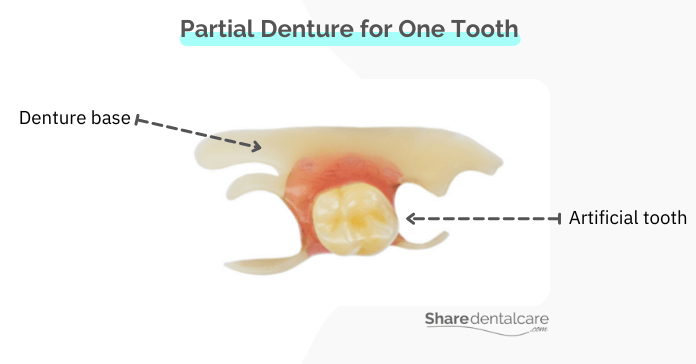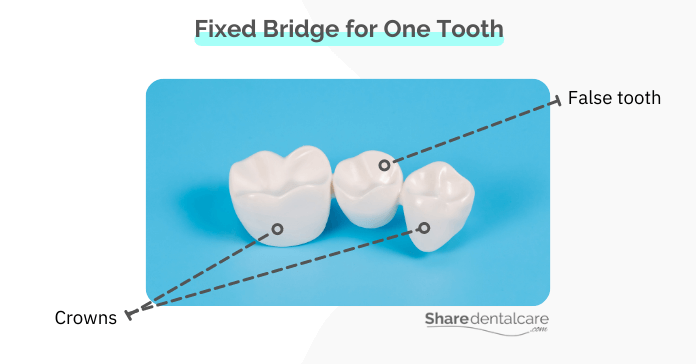If you have one missing tooth, you may be wondering if a removable denture or fixed bridge would be better to replace it. Both options can help you regain your smile and confidence. However, each option has different pros and cons that you should think about. Understanding the differences between a removable denture and a fixed bridge for one missing tooth can help you make the best decision possible.
What Are Dentures & Bridges?
Both removable dentures and bridges are dental prostheses for replacing one missing tooth or more. Dentures are removable, which means you take them out for cleaning or at night. Dental bridges are fixed that are cemented onto your natural teeth or implants. The benefits of these prostheses are:
- Restore biting and chewing function.
- Improve your speech.
- Restore your smile and confidence.
I Have One Missing Tooth! Should I Choose Removable Denture or Fixed Bridge?
Some patients have a removable denture for one tooth, while others choose fixed bridges. Both options can restore biting, chewing, and speaking functions. The decision depends on your budget and preferences. Each option has different pros and cons.
Removable Partial Dentures
A removable denture for one tooth consists of an acrylic base with an artificial tooth attached to it, for example, a single molar denture.
- Pros: a removable denture is less expensive than a bridge for one tooth. Also, dentures can easily be removed for cleaning.
- Cons: They do not provide the stability of a fixed bridge. Dentures need to be removed at night for cleaning, then reinserted back into the mouth in the morning. They also require frequent relining, a process of reshaping by adding new material over old one. Partial dentures are less expensive than complete dentures. Dentures last for about 5 years and need to be replaced.

Fixed Bridge
A dental bridge consists of two or more crowns, which are fixed to the adjacent teeth so that they can support a false tooth (pontic) in between them. Read more about a bridge for back teeth (molars).
- Pros: A fixed bridge is made to last for about 15 years. It offers stability and support that a removable denture for one tooth doesn’t.
- Cons: Fixed bridges are more expensive than removable partial dentures, but their cost is relatively low when compared with dental implants. They need regular cleaning just like the removable denture does. Bridges require the preparation of adjacent teeth, which can cause damage to them.
Do not forget to consult with your dentist to get the best treatment option for your missing tooth, either a removable denture or fixed bridge. Also, learn more about bridge types in dentistry.

Alternatives To Removable Dentures & Bridges For One Missing Tooth
Removable dentures and fixed bridges are good options for replacing one missing tooth. However, some patients want a more durable, long-lasting option such as implants. Dental implants for one tooth are a great alternative to removable dentures and fixed bridges. They are anchored into the jaw bone, so they provide more stability and support. Also, they prevent jaw bone loss. Implants last for at least 20 years and can last a lifetime with proper care.
Removable Denture or Bridge for One Tooth – Conclusion
If you have one missing tooth, choosing a removable denture or fixed bridge is important. Both options are available at your dentist’s office. If you have one missing tooth, removable dentures are less expensive than the bridge. However, if your budget allows it, get the better alternative – a fixed dental bridge. Also, think about dental implants as an alternative option to both.